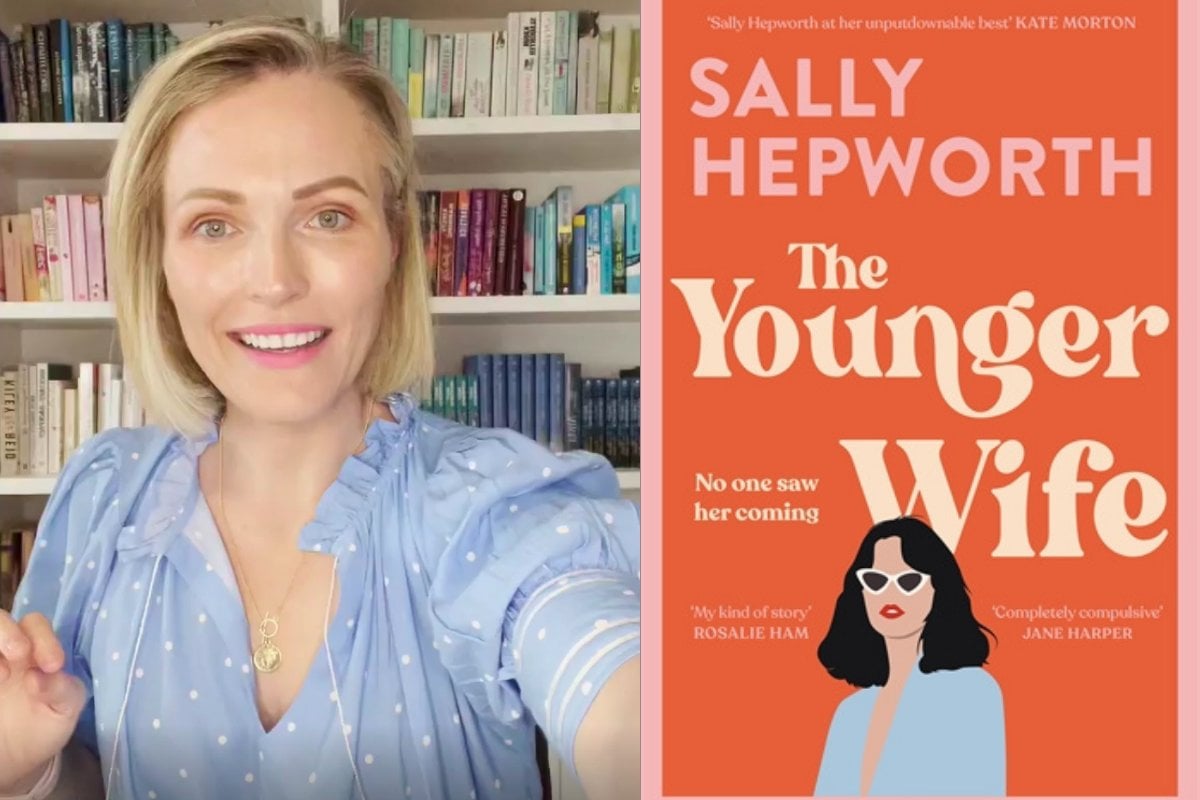
I was seven years old when I announced to my family that I wanted to be an author. I’d just written and illustrated a book of short stories called Mustard & Ink and had high hopes for a bestseller and a decorated career in publishing.
Unfortunately, Mustard & Ink didn’t take off the way I’d hoped, but I still like to think that from that moment, my career as an author was written in the stars.
"I wouldn’t say your talent was obvious, no," Mum said thoughtfully, when I asked her about my early childhood, (side note: it’s this type of Irish Catholic honesty that has kept me grounded over the years), "but you were certainly very single-minded. It was hard to stop you once you’d set your mind to something."
Unfortunately, my single-mindedness didn’t serve me well at school. I was, at best, an average student. I wasn’t sporty, a natural leader, or particularly popular. I was easily bored, prone to distraction, lazy. The only thing I excelled at, it seemed, was being the class clown.
Watch: How to Trick Your Baby Into Loving Books. Post continues after video.
At parent-teacher interviews my parents were told "Sally talks too much; it distracts the other kids."
